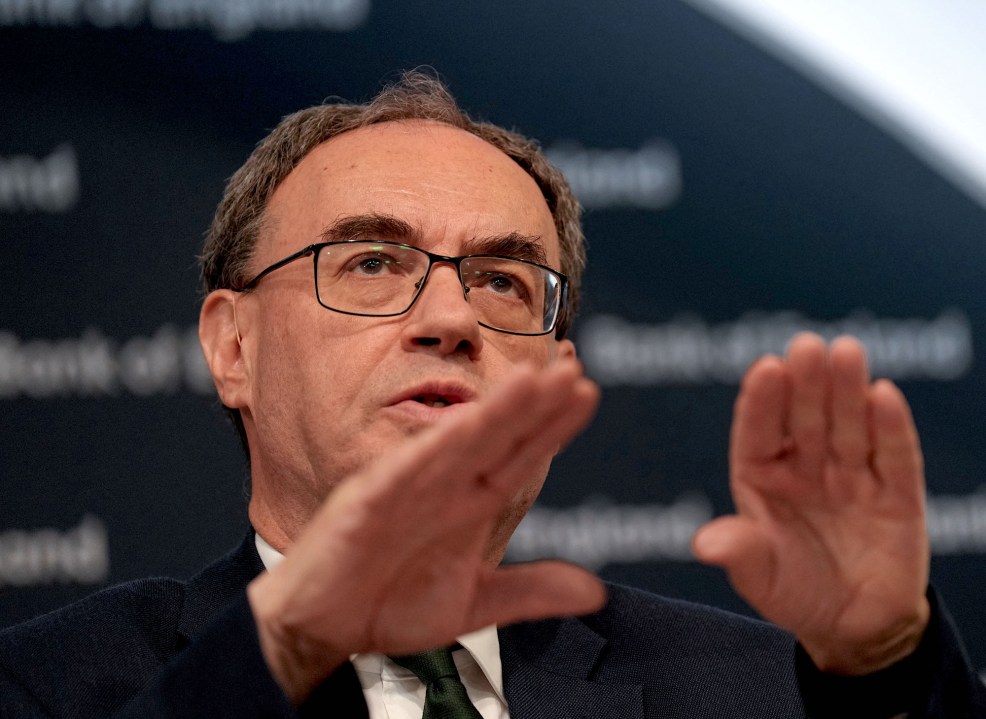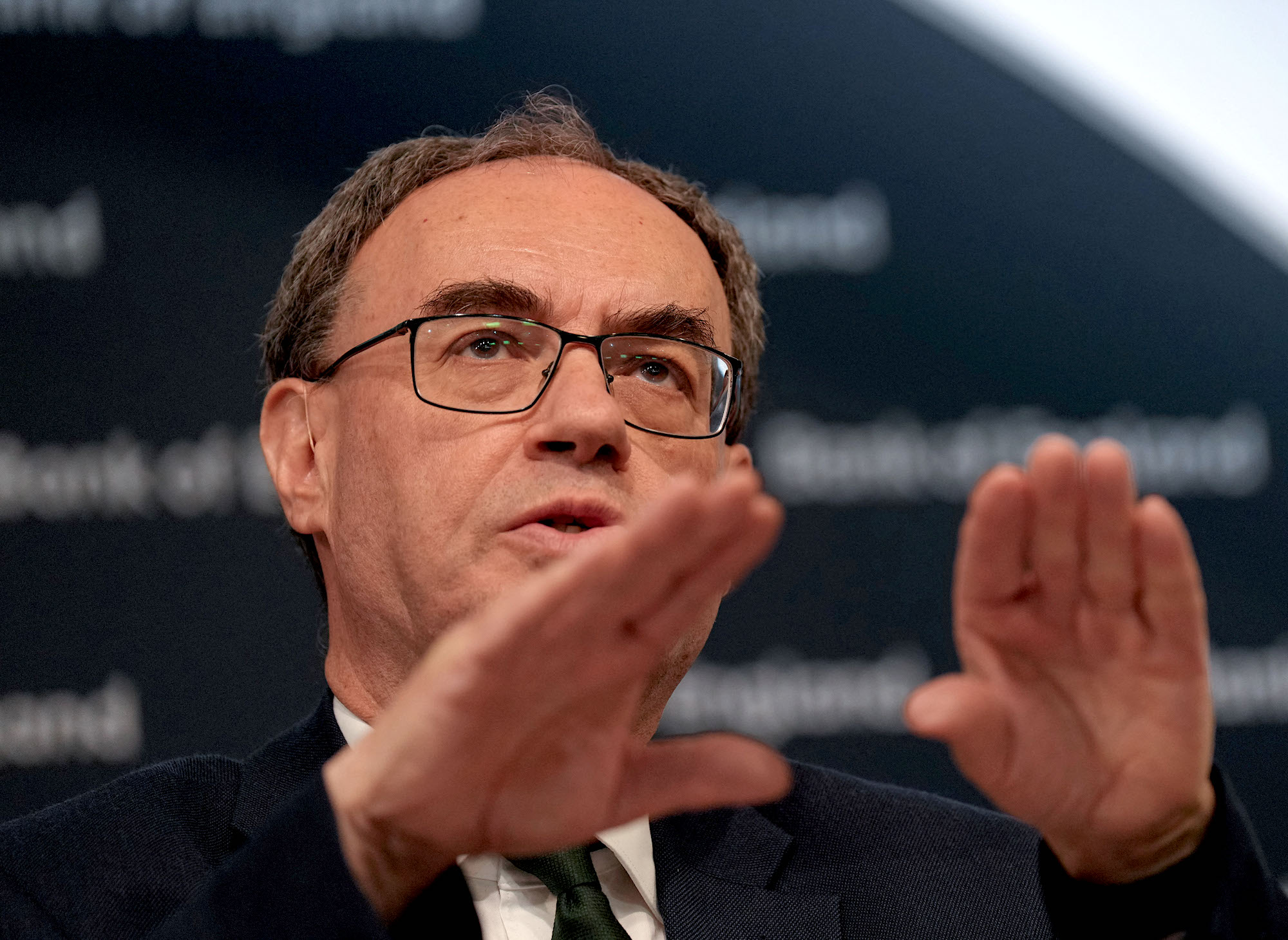Interest rates have been held at 4.25 per cent. The Bank of England’s Monetary Policy Committee (MPC) voted by six to three to hold rates after cutting them in May. The move mirrors that of the US Federal Reserve, which yesterday held rates for the fourth time in a row. Their decision came despite badgering from President Trump, desperate for a rate cut as inflation remains hard to tame and forecasts predict sluggish growth and rising unemployment.
In Britain, the cost of borrowing on credit cards rose to its highest ever level on record in the second quarter of the year, according to Moneyfacts – despite the rate cut from the Bank last month. The average rate and fees on cards between March and June was just under 36 per cent. Meanwhile the average two-year and five-year mortgage fixes sit at just over 5.1 per cent.
The pause in rate cuts, which was widely expected by markets and economic pundits, confirms the concern the nine-member MPC has about the stickiness of inflation. Worries about slowing growth in the second half of the year as a result of Trump’s tariff turmoil and the collapse in the job’s markets caused – at least in part – by the Government’s £25 billion raid on employer national insurance will always be trumped by a Bank mandated to control inflation.
While much of the blame for our inflation problems can be laid at the bank’s door (QE), the issue quietly worrying the MPC as well as City economists is the persistently high wage growth British workers have benefited from for months now. An economist at an American investment bank told me last week that they expected Treasury officials were privately delighted at labour market figures nine days ago which showed 109,00 jobs disappearing from payrolls in a single month because it would ease wage demands. Whisper it, but the government needs a jobs collapse for this inflationary problem to be resolved.
The reason wage growth remains so strong – if we can trust the ONS data – is, in large part, down to ‘Covid catch-up,’ the City economist explained. Quite simply, as the cost of living soared, workers pushed for pay increases to keep pace, and that process has a lag. Their bank was confident this pressure would ease eventually – but exactly when was anyone’s guess. Andrew Bailey, the Bank’s governor, has said it’s ‘crucial’ that wage growth comes down substantially before interest rates can fall further. In their meeting minutes today the MPC suggested the jobs slowdown was finally beginning to feed through.
For the rest of the year, then, markets are pricing in two further cuts – taking us down half a percentage point in total before Christmas. Comments from MPC members, however, show the divisions at the two ends of the scale. Huw Pill, the Bank’s chief economist (who voted to hold rates) has warned that the intrinsic persistence of inflation has increased while Swati Dhingra (who voted to cut) thinks weak consumer demand and lower than expected business investment means there’s more room to loosen monetary policy.
We don’t think about inflation anywhere near as much as we did when it was 11 per cent, obviously. But it clearly has yet to be tamed. Persistent wage growth continues to add upward pressure on prices, while missiles flying across the Middle East threaten to push energy costs higher and fuel new inflationary spikes. Until these risks are mitigated the Bank will remain cautious.









Comments